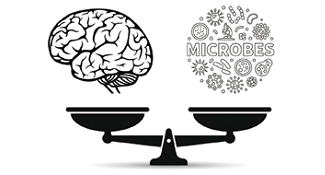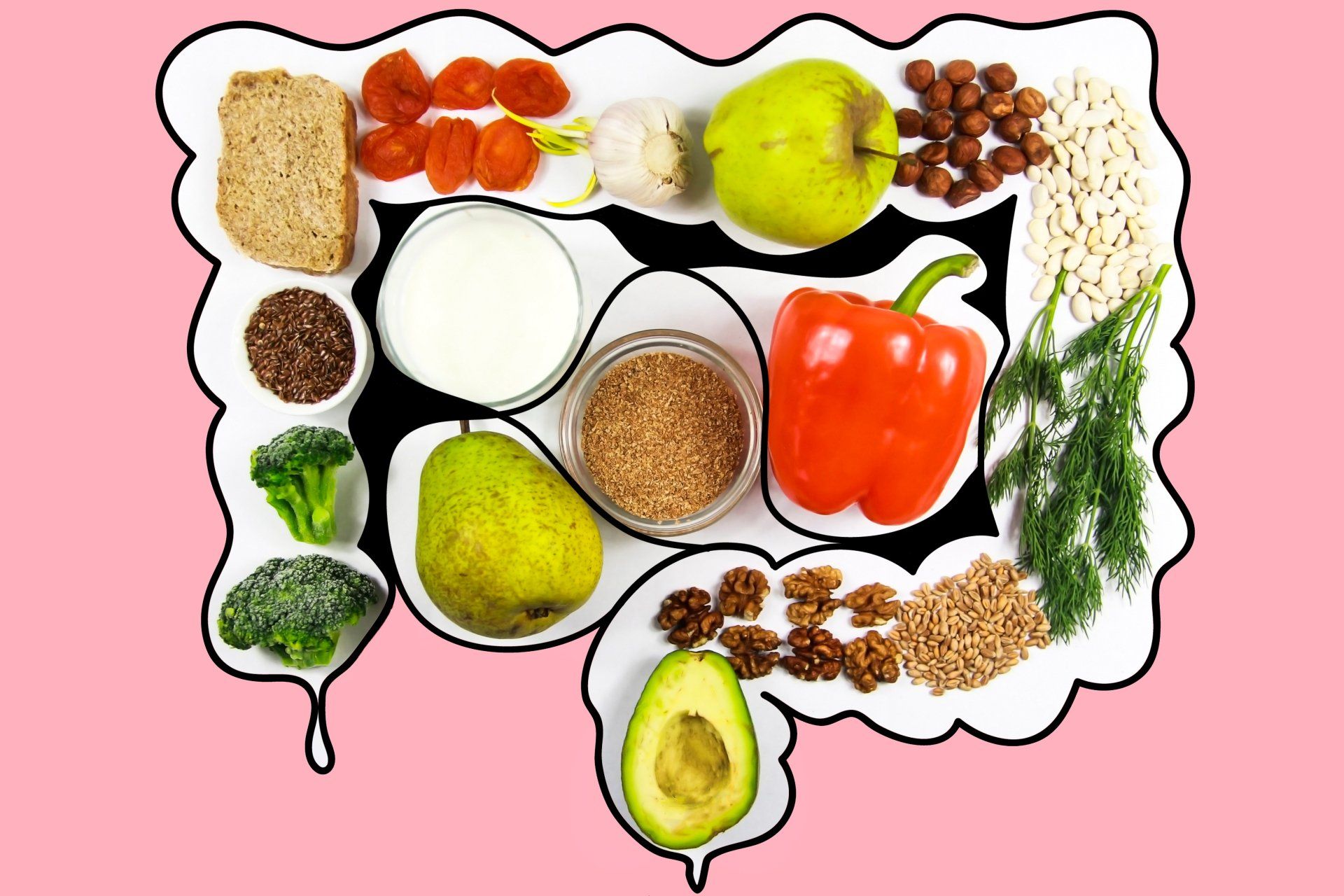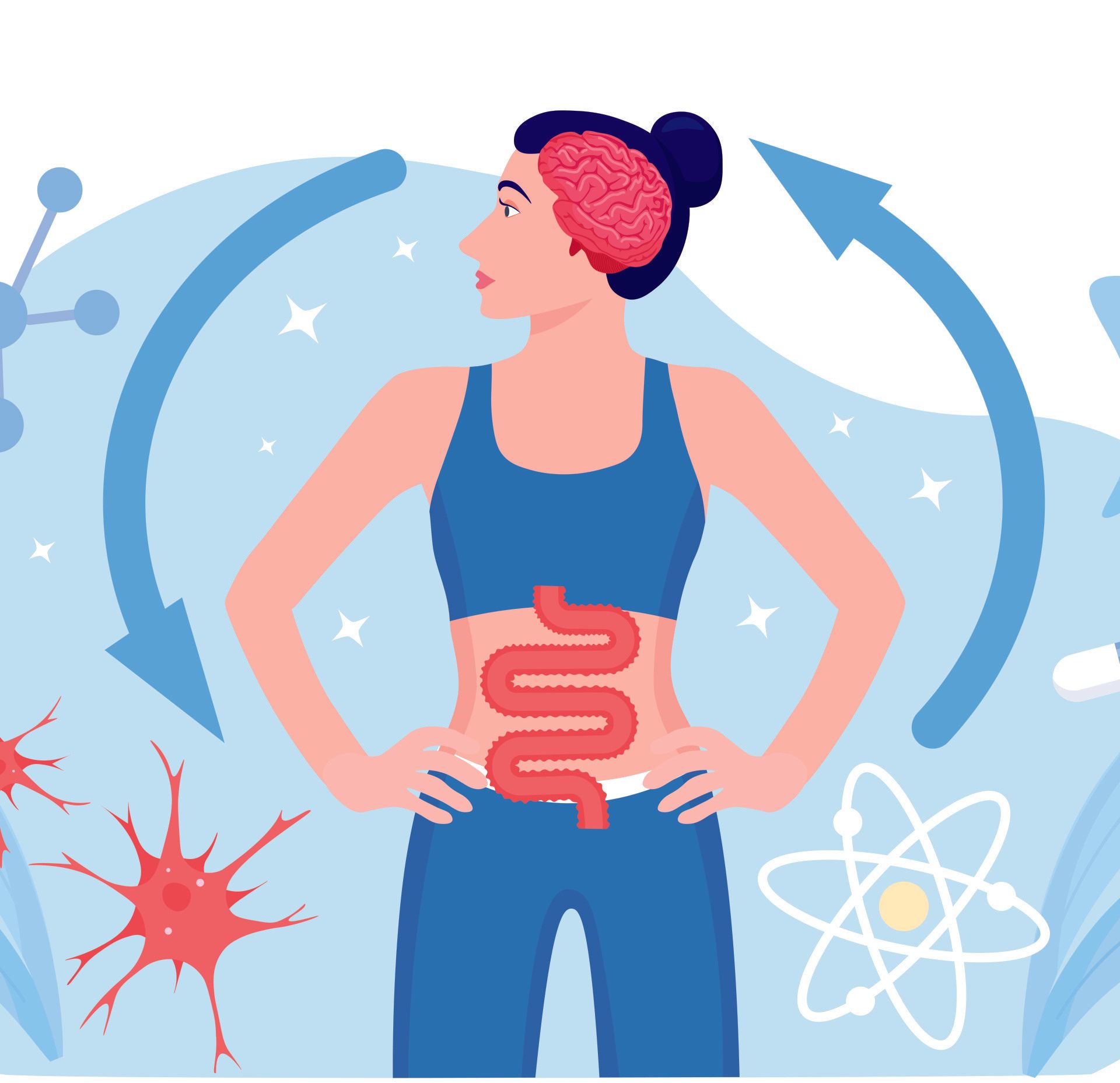Strengthening the Gut-Brain Connection for Mental Health Support

The gut-brain connection plays a significant role in our overall well-being, and recent scientific research has been confirming what traditional systems of medicine have long believed: health starts in the gut. Our intestines house a "second brain" known as the enteric nervous system, composed of bundles of neurons similar to those in our primary brain. Surprisingly, there are more neurons in our gut than in the spinal cord or the rest of the nervous system. Beyond digestion, the gut has a profound impact on our sense of well-being through the communication pathway provided by the vagus nerve.
The Vagus Nerve: The Body’s Information Express Lane
The vagus nerve, the longest nerve in our body, serves as the primary highway between the gut and the brain. It carries more information from the abdominal organs to the brain than in the other direction. This bidirectional communication loop significantly affects our mental state. For example, the feeling of "butterflies in the stomach" when we're nervous or the sensation of sweaty palms are indications of how our inner organs relay information to the brain.
The gut bacteria, which outnumber the cells in our body, contribute crucial information transmitted via the vagus nerve. Surprisingly, more than 90% of the body's serotonin, a neurotransmitter linked to mood, is produced in the intestines. Additionally, gut microbes produce over 30 other neurotransmitters, including dopamine, acetylcholine, and norepinephrine. One significant neurochemical is GABA, known for its calming effect on the brain. Recognizing these intricate interconnections emphasizes the importance of maintaining a healthy gut environment for a balanced nervous system.
The vagus nerve interacts with various organs along its path from the brain to the body. It connects with muscles responsible for swallowing, speaking, and the gag reflex, as well as key abdominal organs such as the heart, lungs, liver, stomach, and intestines. As part of the "rest and digest" nervous system, the vagus nerve helps relax blood vessels, activate salivary glands, and facilitate optimal digestion. The healthy functioning of the vagus nerve directly affects heart rate, blood pressure, and the body's stress response. Chronic stress can impair vagal activity, leading to slower digestion and discomfort after consuming fast food hastily.
Furthermore, the composition of our gut microbiota significantly influences the health of the vagus nerve. Research has revealed that individuals with an abundance of "bad" bacteria in their guts often exhibit poor vagal activity and are more prone to mood disorders such as anxiety and depression. Consequently, mental health practitioners are increasingly exploring dietary interventions, including the use of probiotics, and exercises to improve vagus nerve health as potential means to enhance mental well-being.

Easy Ways to Keep the Vagus Nerve Healthy
The good news is that there are numerous simple ways to support the health of the vagus nerve, which can have a positive impact on our overall vitality and ability to handle life's challenges. Incorporating practices like washing your face with cold water, humming or chanting, meditation, slow diaphragmatic breathing, gargling water, and consuming bitters from food or herbal sources can all positively influence the vagus nerve. Additionally, maintaining a balanced microbiome through the consumption of prebiotics and probiotics, either from food or supplements, can also contribute to vagal health.
Recognizing the close relationship between balanced mood, mental clarity, and the gutbrain connection empowers us to take everyday steps toward nurturing our overall wellbeing. By prioritizing whole and fermented foods like vegetables, whole grains, beans, sauerkraut, yogurt, and kimchi, we can keep our gut microbes thriving. Simultaneously, implementing the aforementioned tips to care for the vagus nerve throughout the day can promote relaxation, vibrancy, and foster meaningful connections.











